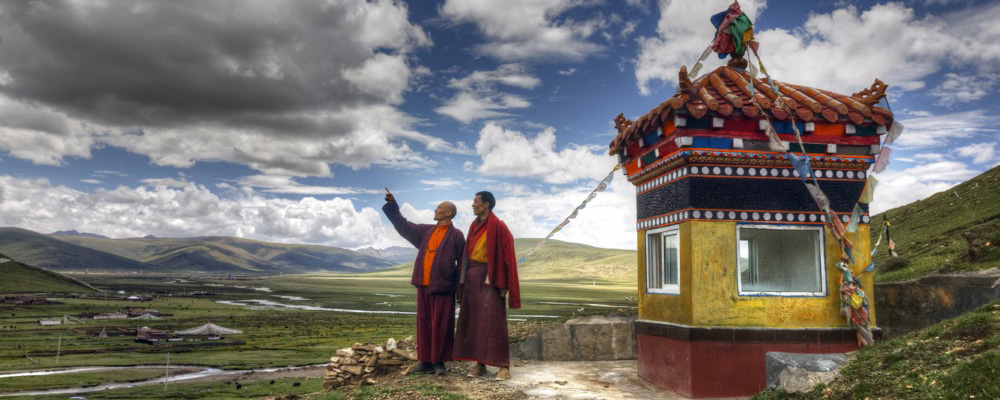
In 2018, being altruistic is what could save us and our planet.
Most of the time, the majority of 7 billion human beings conduct themselves decently toward one another. There are always some violent horrors happening in the word. However, these are tragic deviations from what constitutes the fabric of our daily life, which is the banality of goodness. The fact that they are anomalies and aberrations fuels their appearance in the headlines. This should not lead us to fall into the “bad world syndrome”. Evolution has wired us to pay special attention and react to potential dangers. But the vast majority of human interactions are constructive rather than destructive.
Contrary to popular belief, violence has, for centuries now, continued to diminish. During the 14th century in Europe, 100 murders occurred for every 100,000 inhabitants. Today, that figure has fallen to 1. In other words, the probability of becoming the victim of a murder in Europe is 100 times less likely today than it was in the 14th century. This is true for all other trends related to violence. As another example, in the United States, the exploitation and abuse of children has diminished by half over the past twenty years.
Many other forms of progress have been achieved. In the past twenty years, thanks to the Millennial Development Goals of the United Nations, the number of people living under the poverty level has fallen from a 1.5 billion to 750 million. While still too many, that figure continues to decrease.
Though some scientific studies have shown a capacity to conduct ourselves in deplorable ways, we have, from early infancy, a much stronger predisposition as social animals for cooperation over competition. In fact, from the age of one year, babies clearly prefer altruistic people over those who demonstrate hostility toward a third party.
This is why, if we want to meet the challenges of the 21st century, selfishness will not serve us. We are confronted with three types of challenge. In the short term, we have to ensure our survival and thrive as best we can. In the mid-term, we hope to achieve our most cherished aspirations and lead lives worth living. In the long term, a new challenge presents itself to all of humanity: just 10,000 years ago, with a population of about 5 million humans on the Earth, we could barely harm our planet. Today, we are 7 billion and possess technology that is infinitely more powerful. For the first time in our existence, we have the exponential capacity to impact conditions for all life on Earth. Welcome to the Anthropocene: the first geological age in which humans have become the primary factor influencing planetary climate change. But if this enormous power is not allied with same magnitude of concern for others, it will lead us to the sixth major extinction of species since the appearance of life on the Earth, the fifth dating back to the extinction of the dinosaurs.
Apart from a few madmen—and a few do exist, as we know—the majority of us envision a better world. To achieve this, we need a concept that unites our goals for the short-, mid- and long-term. It is essential for environmental scientists, decision-makers influencing the fate of society and individuals concerned with the short-term (and those who worry about the return on their financial investments) to be able to sit down at the same table to work together to craft a better world. To do this, they will need a unifying concept. The most pragmatic of all is altruism: if we begin with concern for others we will move toward a positive economy of solidarity (which should be in service to society and not the opposite). If we begin with concern for others, we will craft social justice reforms to reduce the inequalities that have increased in wealthy countries; but especially, if we begin with concern for others, we will truly take care of future generations. As Martin Luther King, Jr. reminds us, on the dawn of this new year, “Every man must decide to walk in the light of creative altruism or in the darkness of destructive selfishness.”